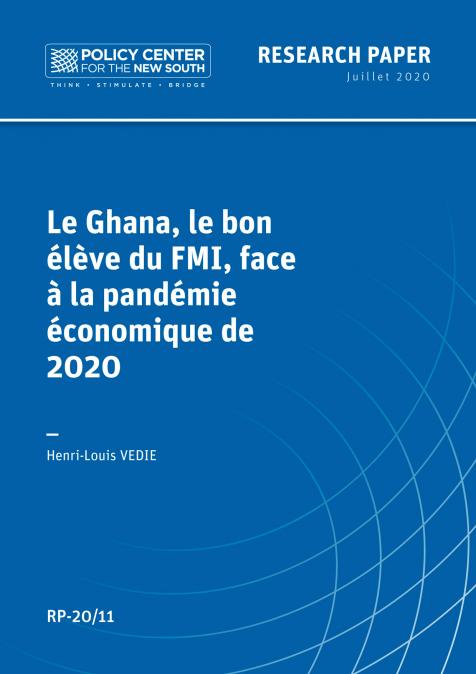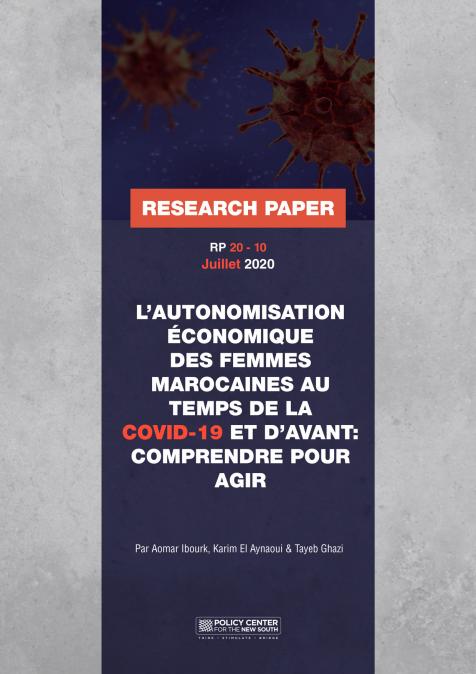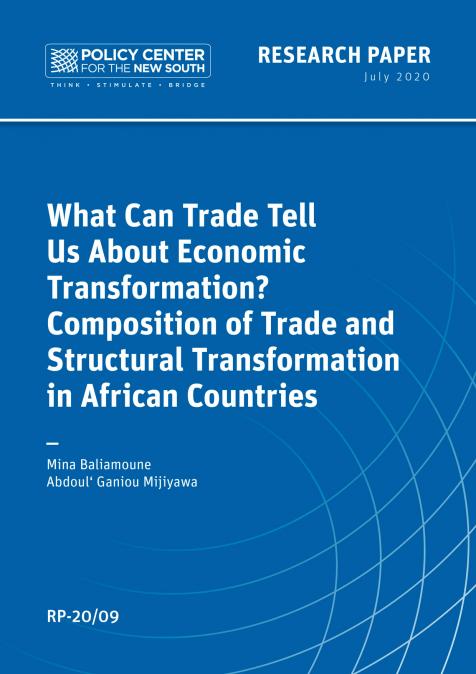Publications /
Policy Paper
Este artículo se publicó originalmente en legrandcontinent.eu
En una era de interconexión mundial sin precedentes, los países en desarrollo se enfrentan a un panorama económico cada vez más complejo y a menudo hostil. Este panorama está configurado por tres grupos principales de limitaciones políticas. En primer lugar, el aumento entre las grandes potencias de las tendencias proteccionistas ha hecho más difícil el entorno mundial, sobre todo porque las economías avanzadas recurren cada vez más a las políticas industriales para alcanzar objetivos económicos específicos, y la intensificación de las rivalidades geopolíticas conduce a la reestructuración de las cadenas de valor mundiales y a la reagrupación de los países en bloques económicos. En segundo lugar, en un momento en el que la demanda de servicios públicos alcanza cotas sin precedentes, el margen de maniobra de la política macroeconómica de los países en desarrollo se ha reducido considerablemente. Una serie de crisis —desde la crisis financiera mundial hasta el COVID-19, pasando por las crisis de los precios de los productos básicos— han agotado los recursos presupuestarios de los gobiernos. En tercer lugar, los rápidos avances tecnológicos son perturbadores y hacen que las reformas tradicionales de las políticas de crecimiento y transformación estructural queden obsoletas, lo que obliga a experimentar en ámbitos nuevos y desconocidos.
Estos tres grupos de limitaciones políticas han creado una tormenta perfecta de retos para los países en desarrollo. Este texto examina el impacto polifacético de los cambios globales en las opciones de política económica de que disponen los países en desarrollo. En la actualidad, estos países se enfrentan al reto de operar sin un marco claro y coherente para sus políticas y estrategias de desarrollo. Esto ha dado lugar a un cambio de paradigma caracterizado por un panorama en el que «cada país va por su cuenta», lo que se traduce en la ausencia de objetivos o instrumentos políticos claros para navegar por esta nueva realidad. Este enfoque es insostenible y plantea riesgos significativos para la estabilidad económica mundial y el desarrollo integrador. Este documento propone una alternativa: un marco de política económica sólido, matizado y adaptado que aborde los retos específicos de los países en desarrollo y, al mismo tiempo, aproveche sus puntos fuertes y su potencial inherentes.








